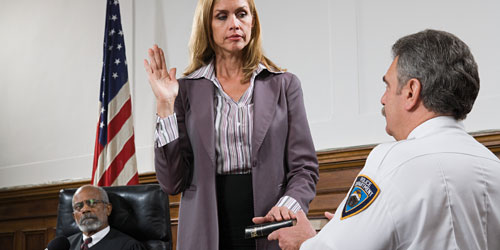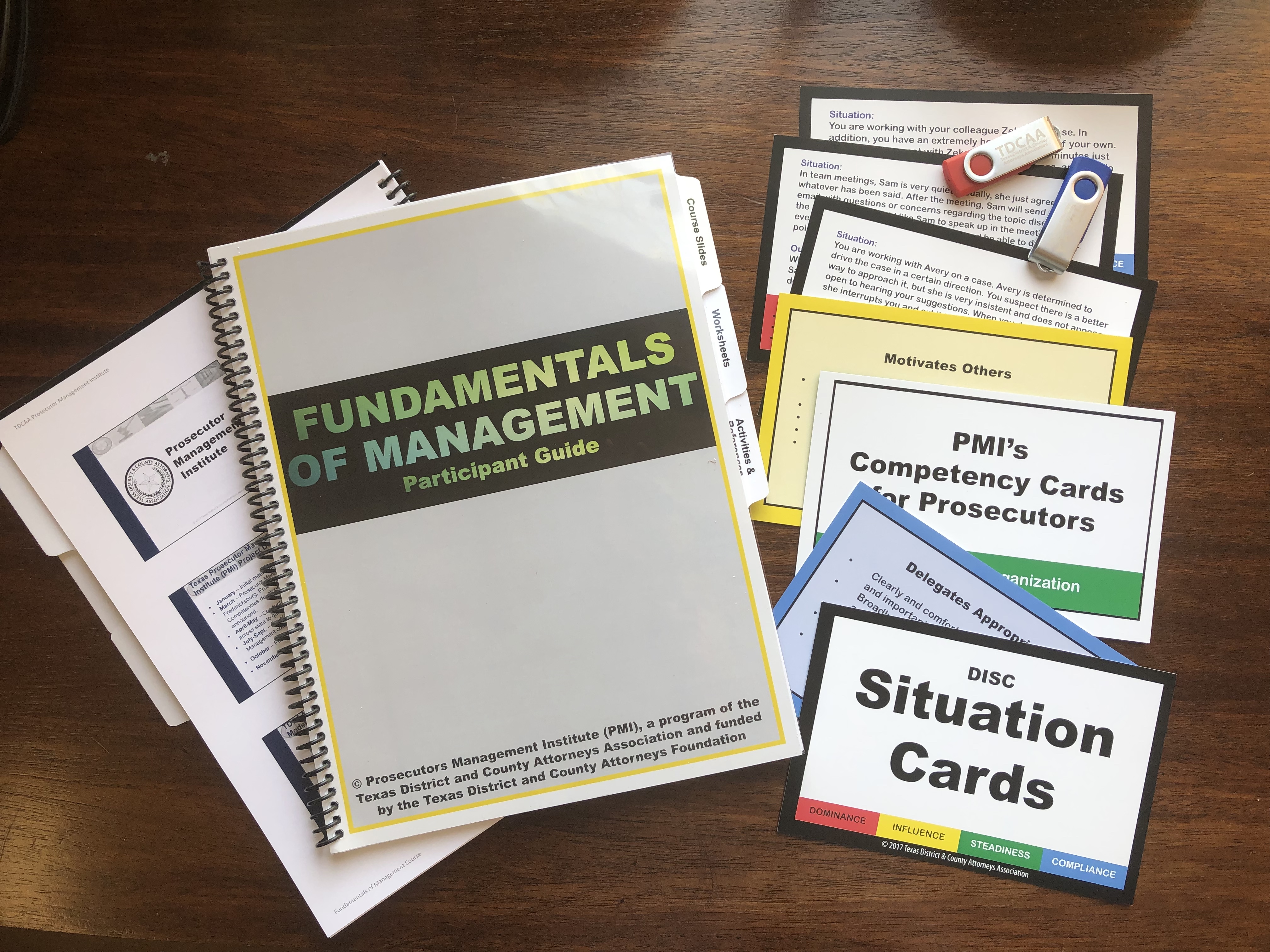As you read this, hundreds of bill ideas are dying a quiet death by not being filed before today’s 6:00 p.m. deadline. We’ll have a more complete run-down of bill filings next week, but feel free to pour one out this weekend for all of the good ideas that won’t get any love from the legislature this session.
Quick update on some hot button issues
Here is a very brief update on some of the most high-profile issues we’ve been following for you this session.
Bail bond reform: The Lite Gov finally referred SB 628 by Whitmire (D-Houston) to the author’s own committee. (Such delays usually indicate a rough road ahead for such a bill, but who knows.) Elsewhere, Rep. Kacal (R-Bryan) filed HB 2020, which tracks Governor Abbott’s recommendations to limit bonds for more serious offenders, including requiring district court judges to personally review those cases. Both bills are named “The Damon Allen Act” after the same DPS trooper gunned down last year, so … yeah … that’s awkward.
Grand jury changes: Senator Whitmire (D-Houston) filed SB 1492, which is the same as Rep. Thompson’s HB 2398 (recapped last week) except the new Senate version does not (yet) include the House bill’s provisions on early discovery and lawsuits against prosecutors.
DWI deferred adjudication: SB 106 by Menendez (D-San Antonio) and its companion, HB 3582 by Murr (R-Junction), are similar to last session’s legislation. Comal County CDA Jennifer Tharp is once again spearheading efforts to get this across the finish line. If you would like to help her and want updates on the bill’s progress, email her at Tharpj@co.comal.tx.us.
Intellectual disability and the death penalty: Expect HB 1139 by S. Thompson (D-Houston) to get a hearing as soon as the week of March 18th. Some prosecutors have suggested changes to provisions on the timing of the pre-trial hearing, a right to appeal, and the definition of ID, but it’s too soon to tell how that will all shake out.
DRP repeal: Multiple bills have been filed to repeal the Driver Responsibility Program, but the ones most likely to pass (if any) are HB 2048 by Zerwas (R-Richmond) or its identical companion, SB 918 by Huffman (R-Houston). The initial problem with the filed versions of those bills is that they merely replace the current massive DWI-related surcharges with similarly massive mandatory DWI state fines, making it even less likely anyone will ever plead to those offenses. However, this discussion is far from over, so keep watching them for changes as they move through the system.
State jail reform: We haven’t had time to process various reform proposals on this topic because they are all being filed at the deadline, which does not bode well for the fate of any of them. More on this in future weeks.
Judicial branch pay update
On Monday, the full House Appropriations Committee adopted its subcommittee’s recommendation to include in HB 1 a 10-percent across-the-board pay raise for various elected judges and prosecutors (plus another five-percent increase they could consider later, at an additional cost of ~$12 million). That continues to be the best chance for elected prosecutors to receive increased compensation this session. We are getting feedback from the Capitol that many of you are taking the initiative to make that happen, but if you have not already done so, please refer to our past recommendations on this topic and call or email Rob if you have any questions.
Elsewhere, the Senate approved SB 3 by Nelson (R-Flower Mound), an emergency item that gives classroom teachers and librarians a $5,000 annual pay raise. However, that proposal is expected to find less favor in the House, which prefers to push funds down to school districts without specific earmarks. In light of that disagreement, we’ll let you decide for yourselves whether you think both chambers will be amenable to granting as much as $42,000 in raises to certain long-tenured judges, as some of them have requested.
“Texas Prosecution 101”
Every few years we have to dust off and re-issue our little white paper on who prosecutes what under the Texas Constitution. We call it our “Prosecution 101” paper, the latest copy of which you can find on our website here. You might want to keep it handy for this next part.
If you recall, over the summer the Senate State Affairs Committee considered whether the Office of the Attorney General (OAG) should be tasked with prosecuting human trafficking (and abortion-related) crimes. The committee’s conclusion, as stated in its interim report, was to support concurrent jurisdiction for OAG and local prosecutors in trafficking cases—but without specifying if it meant original concurrent jurisdiction for OAG, or merely the existing arrangement we enjoy now. Then we told you earlier this session that OAG was asking for more than a dozen new employees to investigate and prosecute human trafficking (more on that below). And last week, yet another piece of the potential puzzle was filed: SB 1257 by Huffman (R-Houston) could allow OAG to independently investigate human trafficking cases in your communities and independently prosecute those cases in your courthouses.
As filed, SB 1257 gives OAG original criminal jurisdiction in human trafficking cases that: 1) occur in more than one county; 2) occur in Texas as well as another state or country; or 3) are facilitated by the use of the U.S. mail, email, telephone, fax, the internet, or a wireless communication between counties or a Texas county and another state or country. (In other words, the AG will have original criminal jurisdiction in pretty much every human trafficking case.) Furthermore, if a human trafficking case *is* limited to a single county, the bill requires the local prosecutor to notify OAG within 14 days of becoming aware of that conduct and, if the local prosecutor decides not to pursue charges, you get another 14 days to notify OAG of that fact—upon which news OAG can then step in and prosecute a case you declined.
How does that strike you?
Here are our initial thoughts. First, some prosecutors have already raised concerns about the constitutionality of that arrangement. (See the white paper for details.) Second, Texas prosecutors have always enjoyed a good working relationship with OAG prosecutors, so rather than focus on issues of jurisdiction, authority, or a race to the courthouse, we think you’d prefer to talk about how you can get the most out of the existing partnership with OAG to ensure effective investigations and prosecutions. And third, there is probably a good reason why the state doesn’t already have two independent prosecuting offices with the authority to represent the State in the same cases, in part because it can only lead to trouble down the road as soon as the defense bar realizes that the first witness they should call in any case declined at the local level is the local DA who had reservations about the case. (Won’t those be some fun Brady hearings?)
All that being said, the initial language in SB 1257 is just that—a starting point for various interested parties to begin talks over how best to improve the state’s response to this issue that has captured the attention of policymakers. (Ditto for its identical House companion, HB 3979 by Leach [R-Plano], filed yesterday). It will be up to you to educate them on what the most appropriate response should be.
Human trafficking funding
While we are on this topic, note that the Senate State Affairs Committee recently voted out SB 72 by Nelson (R-Flower Mound) to create a new Human Trafficking Prevention Coordinating Council consisting of various legislative and executive branch members and chaired by the attorney general. Among the purposes of this council will be to devise a statewide strategy for combatting human trafficking and to oversee state expenditures on that topic—up to $89 million spread among seven state agencies to hire personnel to investigate, prosecute, and prevent trafficking, if the Senate gets its way.
But across the rotunda, the House Appropriations Committee appears to be taking a wait-and-see approach to financing more human trafficking prevention efforts. On Monday, that committee moved all $75 million of its proposed human trafficking appropriations to Article XI, also known as the “wish list,” in their proposed budget (HB 1). That amount includes funding for 13 additional AG prosecutors and staff, 41 TABC agents, and 204 DPS officers who were to be assigned to new anti-human trafficking and gang task forces. These items aren’t dead, they are merely tabled, but this means they could become points of negotiation with the Senate budget writers when the final details are hammered out in late May.
Up(date) in smoke
The House Criminal Jurisprudence Committee took testimony earlier this week on HB 63 by Moody (D-El Paso) to change possession of less than one ounce of marijuana into a civil infraction. Several hours of testimony on the bill can be boiled down to this: Some law enforcement agency witnesses think marijuana should remain a crime, other public witnesses think marijuana should be something less than a crime, and no one—not one witness—talked about the actual mechanics of the bill or how it would work in real life. This is a good example of how a policy narrative can sometimes overwhelm the nuts-and-bolts details of an issue—but remember, should something like this pass, those details will be left up to y’all to sort out. And while its fate in the Senate is cloudy, it does have some bi-partisan support in the House, so now is a good time to read the bill and what it does or doesn’t do. Look for this committee to take up various other marijuana-related bills later in the session—including proposals to make possession of small amounts a Class C misdemeanor—but for now, this is the bill for marijuana reform in Texas this session.
Scattershots
Committee action
The bills we told you about last week are all now pending in their House committees, most of which seem to be in no hurry to spit them back out. Among the bills did receive approval in a committee are: HB 234 by Krause (limiting local regulation of kids’ lemonade stands), HB 448 by Turner (penalties for failing to use rear-facing child car seats), SB 40 by Zaffirini (court proceedings following disasters and evacuations), SB 71 by Nelson (telemedicine for sexual assault exams), SB 73 by Nelson (protecting personal information of judges), SB 201 by Huffman (penalty enhancements during natural disasters), SB 341 by Huffman (ban on appointing non-prosecutors as attorneys pro tem), and SB 415 by Huffman (no plea in absentia in Class C family violence cases).
Upcoming committee hearings
Here are summaries of the relevant committee notices posted for next week (so far).
Monday, March 11
- HB 64 by Canales authorizing expunction of most misdemeanor convictions after five years
- HB 121 by Swanson creating “oral warning” defenses to 30.06 and 30.07 trespasses
- HB 176 by Canales prohibiting waivers of nondisclosure and expunction rights
- HB 465 by White relating to fee and cost waivers
- HB 566 by White expanding eligibility for orders of nondisclosure
- HB 691 by White expanding eligibility for orders of nondisclosure for repeat offenders
- HB 756 by Wu restricting the State’s right to jury punishment
- HB 869 by Hefner relating to organized criminal activity involving credit card skimmers
- HB 902 by Landgraf increasing punishments for assaulting pregnant women
- HB 929 by Anchia creating an admonishment for military service/discharge
- HB 1202 by Collier excluding certain rent-to-own violations from theft of service
- HB 1625 by K. Bell creating the offense of false report of misconduct against first responders
- HB 1661 by Herrero clarifying the scope of and venue for continuous violence against the family
Tuesday, March 12
- HB 1544 by Raymond legalizing fantasy sports contests
- Organizational meeting; invited testimony only.
Wednesday, March 13
- HB 629 by Landgraf creating a protective order registry
- HB 830 by Israel authorizing the release of intoxicated persons to sobering centers
- HB 1145 by Krause repealing the Driver Responsibility Program
- HB 1544 by Chen Button relating to the execution of a DWI blood search warrant
Thursday, March 14
House Corrections – 8:00 a.m., Room E2.030 (not posted yet)
If you want to learn more about a bill or find out how to get involved for or against it, contact Shannon for details.
New bills
To give you an idea of the volume of bills being filed before today’s deadline, the past four days have seen 264, 350, 532, and 911 bills filed, respectively. Thus, it should come as no surprise that we are still hundreds of bills behind in our reading. As of now we are tracking 1,172 (18% percent) of the 6,396 bills filed through yesterday. Please remember that if you call to ask about a bill by number and it doesn’t immediately register with us. (Heck, our own kids’ names no longer register with us after having to review all these bills!)
Next week
Now that the bill-filing deadline is over, legislators can focus on committee hearings and doing something on the floor other than recognizing visiting dignitaries and congratulating high school football teams for winning a state championship. (We have enough of those to last us at least half a session, but we’ll save our rant about the UIL’s everyone-gets-a-championship-trophy dilution of our state sport for another day.)
Legislative rotation sign-up
Thanks to Nacogdoches County Attorney John Fleming and Asst. CA Stephanie Stephens for coming to Austin this past week and riding herd on several bills. We still have a few slots open for later this session, so if you’ve found any new reasons to want to talk to your legislators, contact Shannon for details on how to get involved.
Quotes of the Week
“What is illegal in the real world must be illegal in the digital world, and this legislation is a first step in the right direction in adding that accountability.”
Whitney Wolfe Herd, CEO of Bumble (an online dating app catering to women), in support of HB 2789 by Meyer (R-Dallas), which would make it a Class C misdemeanor to send unsolicited lewd electronic images to another person.
“I just think in 2019, as a country, we don’t need to be ‘springing forward’ and ‘falling back’ just because we did it in World War I to save energy. We just need to pick a time and stick with it.”
State Sen. Jose Menendez (D-San Antonio), in an article discussing his SB 190, which would end Texas’ participation in daylight savings time. [Don’t forget to set your clocks forward on Sunday!]



